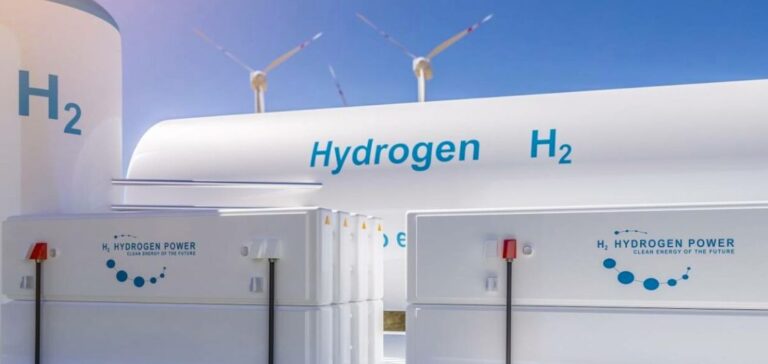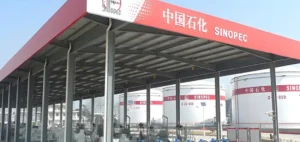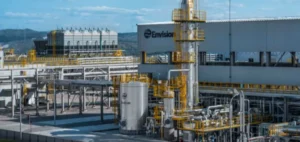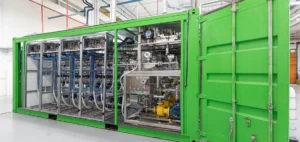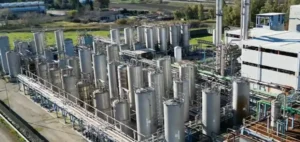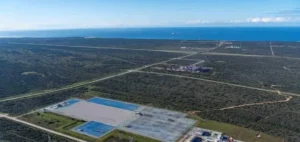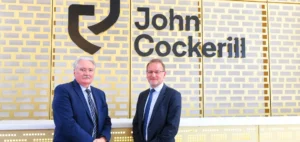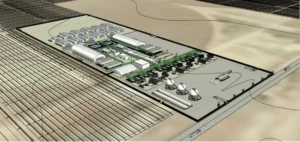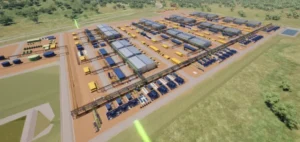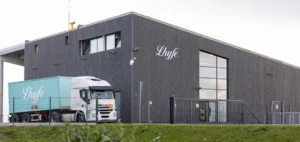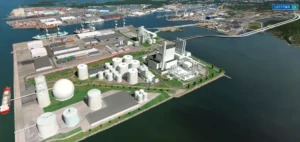Nel Hydrogen and General Motors (GM) enter into an agreement to develop more competitive renewable hydrogen sources.
Complementarity
Nel Hydrogen and General Motors will combine their expertise to become leaders in the renewable hydrogen market. Both companies want to accelerate the industrialization process. Indeed, they wish to develop the use of the proton exchange membraneelectrolyser platform.
Nel hydrogen has extensive knowledge of electrolysers. They allow it to produce the hydrogen needed to operate a fuel cell. Electric vehicle manufacturers use it to sell their products.
General Motors develops and markets hydrogen fuel cells. Companies such as Chevrolet, Buick, GMC, Cadillac or Wuling are already using this technology. In the longer term, GM’s mission is to make electric vehicles more inclusive and accessible to all.
Its HYDROTEC technology and Ultium batteries meet the most demanding performance and cost criteria. The aerospace, power generation and locomotive industries are turning to them to reduce their emissions. GM Executive Director Charles Freese states:
“The addition of Nel as a strategic collaborator is an important step in helping us commercialize fuel cell technology. Nel has one of the most promising electrolysis technologies to help develop a clean hydrogen infrastructure, and we believe our HYDROTEC fuel cell IP can help them get closer to scale.”
Operation
Nel Hydrogen is a pioneer in the automation of the alkaline cell production line. As its CEO states, automation is absolutely critical to scaling and reducing costs. The technology developed is therefore in strong competition with fossil fuels.
The operation of a PEM electrolyzer is the opposite of that of a fuel cell. A PEM produces hydrogen and oxygen from electricity and water. On the other hand, the fuel cell produces electricity and water thanks to hydrogen.
GM will then focus on the industrialization of the production of its equipment. This will allow a considerable technological advance. This new green technology will be developed more rapidly thanks to the important synergies between these companies.
Håkon Volldal, Nel’s CEO, says:
“General Motors is one of the world leaders in hydrogen fuel cell propulsion, with over 50 years of experience. We believe this collaboration will give us a competitive advantage to industrialize the production of our PEM electrolyzers and further improve the efficiency of our technology.”
Upon successful commercialization, GM will be compensated for its development work and the transfer of its intellectual property. In particular, Nel will pay it a license fee based on the share of the final product, based on GM’s technology.

